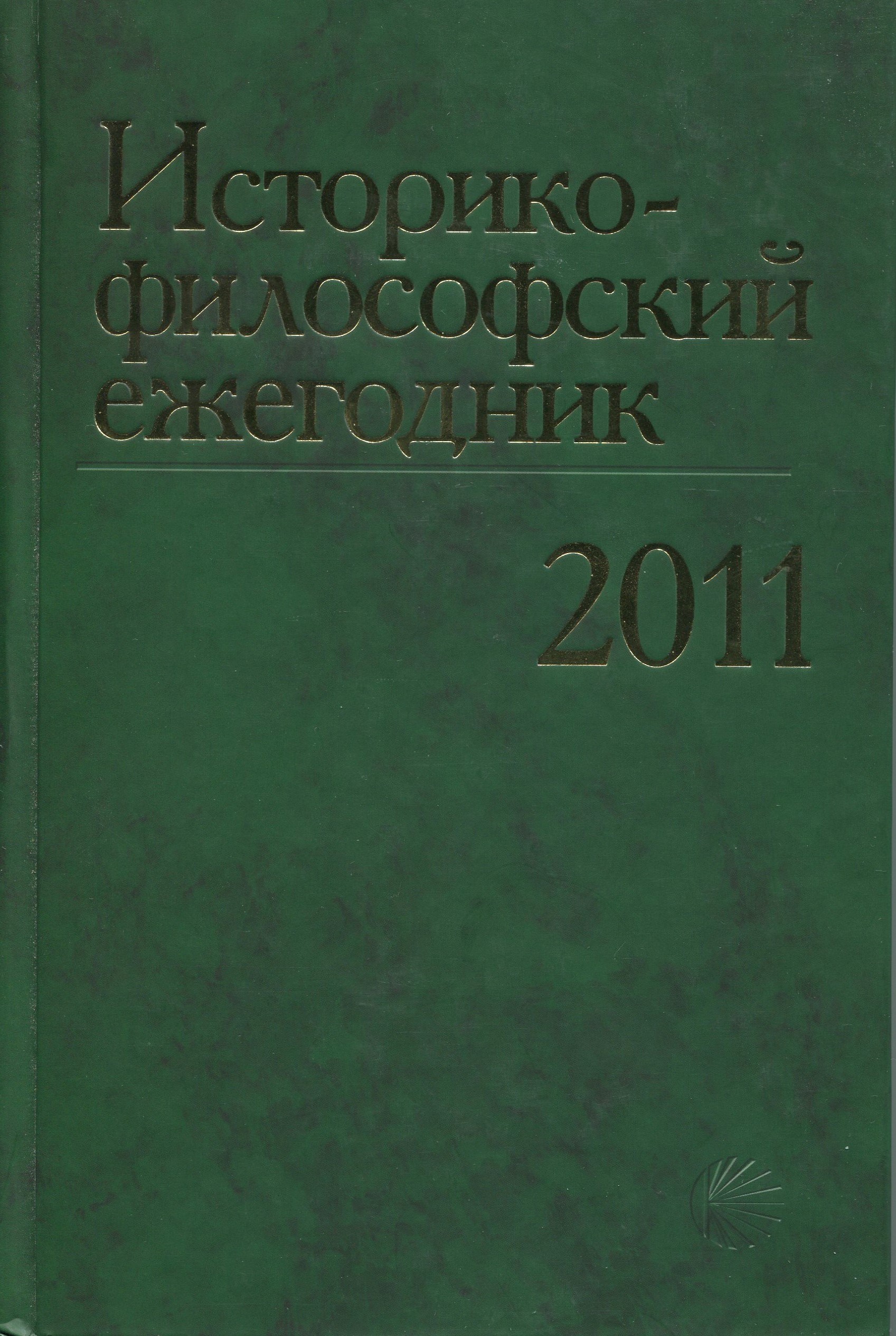Psychologism, Relativism and Anthropology in Phenomenological Philosophy (1900–1920)
Keywords:
HUSSERL, HEIDEGGER, PHENOMENOLOGY, METAPHYSICS, LOGICS, EPISTEMOLOGY, SCIENCE, ANTHROPOLOGY, PSYCHOLOGISM, SCHELERAbstract
This is the first article out of the author's series of publications, presenting his analysis of the transformations that phenomenology underwent in the first decades of the 20. Century. The problem of relativism builds a natural starting point for the discussion. The initial general agreement on the solution to the problems of relativism (as given in «Logical investigations») leads to an important differentiation of views within the phenomenological community. However, the general unity concerning the meta-theory of knowledge (as shown on the example of Husserl and Heidegger) is maintained. The final part of the article investigates different motives that led some German philosophers to the conviction that anthropology could be a way of continuing phenomenological research.

